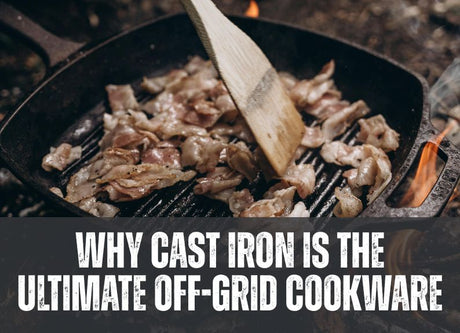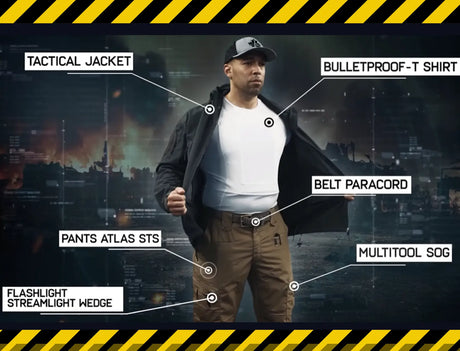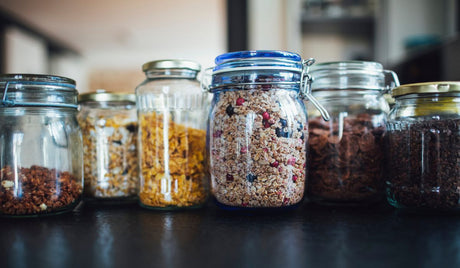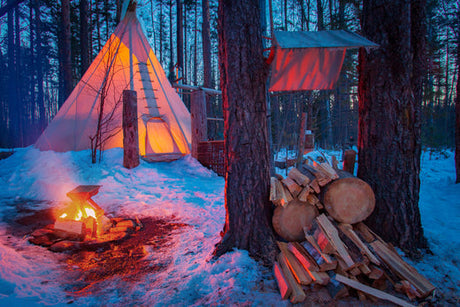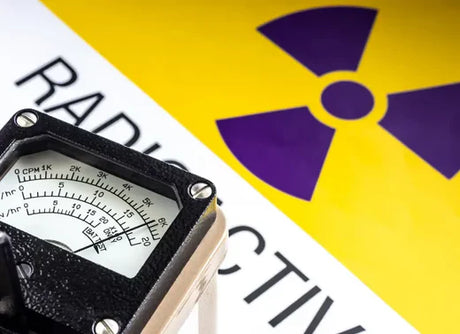In our post-collapse society blogs, we have seen the value of conflict mediation and building good communication skills. These skills are essential in both self-mastery and cooperative society structures––which are far more successful than hostile and aggressive structures. Working together can be difficult, but one key method for building successful communities is to find roles where people can flourish. Redundancy breeds animosity, so in a successful community, having everyone move into their area of strength will be critical.
Essential Roles in a successful post-collapse community
Farming + Gathering

This role encompasses a wide range of skills, each of which is critical for long-term survival. Food access is easily one of the most necessary post-collapse issues, so having the ability to secure your own is a must. Having people who are skilled enough to provide for your group will be an essential element of your survival.
-
Animal husbandry
Raising animals like chickens, cows, horses, and fish can be a serious upgrade in living in a post-collapse society. Animal husbandry is an intensive skill involving selective breeding, health management, and feeding the animals bred for food and transportation.
-
Seed saving and gardening
There will be no grocery store or seed catalogue. Knowing how to preserve seeds, germinate seeds, and nourish a garden with compost, light, and water is an essential skill for a post-collapse community.
-
Plant Identification + harvesting
Wild plants are ripe for access, but an unseasoned eye can easily misidentify them. Having someone with the skills to identify and gather food as well as teach these skills to others is a critical skill for survival.
2. Medical care + First Aid

Potential dangers such as animal attacks or the flu can be life-threatening without access to a hospital. It is essential to have at least one person capable of administering medical care –– especially those related to post-collapse scenarios like nuclear attacks and environmental disasters. The medical role will need to be filled by someone capable of administering care from birth until death outside of any medical system; this is a critical role for any group’s survival.
-
Administering medication
Knowing how to dose and administer the appropriate medication under extreme duress is a skill that any post-collapse community should highly prize.
-
Suturing wounds
Cleaning and suturing wounds is a necessary skill. Without this skill, infection and sepsis are serious threats without sterilization and skill.
-
Radiation treatment
A nuclear attack is a plausible cause for collapse and knowing how to navigate radiation poisoning from fallout and contamination. Are you prepared for a nuclear disaster? Find out how to survive.
3. Culture
While we treat culture, like art and music, as an extra piece of society, it is a necessary piece of being human. When building a community, you must fill a cultural and creative niche for your members to maintain morale and courage. In addition, many artistic skills can also be practically useful for documenting and drafting.-
Drawing + painting
This multi-faceted skill set can be used for communication without language, drafting plans for homes, map making, and more. Utilize these skills in your group to your advantage!
-
Music
Bring your group together and celebrate your small victories in an otherwise stressful environment. When you can bond and enjoy space together, your group cohesion increases greatly. A thriving community includes culture, whether singing through your work or playing an instrument.
-
Education
In any community, children are something that needs to be accounted for. Education for children, youth, and adults is a need for any community. Having people in your group who can educate effectively will be necessary for thriving after the system crumbles.
4. Building
A builder’s mind is an asset to your group, from engineering to carpentry. Whether you need to establish a perimeter or build more permanent settlement structures, having an experienced craftsman is a necessary asset to any group. In addition to building, having someone who has experience with building weapons, whether forging, mixing chemicals, or carving tools will be a role that may be necessary in a post-collapse world.-
Carpentry
Carpentry is a key skill in building safe and sustainable structures. Even in more nomadic post-collapse communities, building items to store food and assist in transportation is critical.
-
Engineering
Understanding the principles of building, water systems, electronics, and more is a critical skill for survival. An engineer(s) will have invaluable knowledge about various topics, including fixing a radio, aqueducts and sewage processing, structural safety of buildings, and more.
-
Weapons
From self-defence to hunting, weaponry will be needed for post-collapse survival. Knowing how to build weapons, however rudimentary, will aid in the thriving of your community.
5. Diplomacy
Talking to others, especially in a high-stress setting, is a difficult skill. Having a diplomatic role in your post-disaster group can help you negotiate internal and external strife. Being an experienced diplomatic person is an asset to any group and can help maintain group morale and bolster social cohesion––two necessary components of any successful community.-
Conflict resolution
Conflict resolution and effective communication are the critical building blocks of communities. This is even more important in high-stress survival situations. Read our blog on interpersonal skills for post-collapse survival to learn more about these crucial skills.
-
Leadership
Leadership skills are not about dominating others because you think you know best; true leadership requires care, strategy, and help from others. In emergencies, natural leaders will be critical to group formation, but a poor leader can spell the downfall of any community. These skills should not be taken lightly.
6. Cooking
Cooking is a role that should be valued. Learning how to use each piece of the food that is gathered to maximize the nutritional output while also being appetizing is a crucial piece in the long-term health of your group.-
Butchering
This is a skill that many chefs are trained in, and luckily so! The ability to process an animal for cooking and preservation is an essential skill. Moreover, the ability to derive every possible nutritional benefit is the only way to maximize your group’s hunting and husbandry efforts.
-
Processing wild food
Having knowledge of wild foods that can be gathered and how to properly cook or use them is a crucial skill. Avoiding poisons or toxic properties of certain foods can be as simple as cooking them properly.
7. Defence
From scouting to hunting, there is a need for members of your group to have weapons knowledge and fighting ability. A reality of any group is that there will be more vulnerable members like children and assets such as weapons or food that will need to be defended from any outside threat. A knowledge of defence and strategy is crucial to any group’s success.What roles are in your emergency plans?
Planning is the best way to ensure your survival. From creating a meeting spot with your survival group to choosing stockpile and bug-out locations, these considerations are a fundamental part of your group’s emergency planning.


